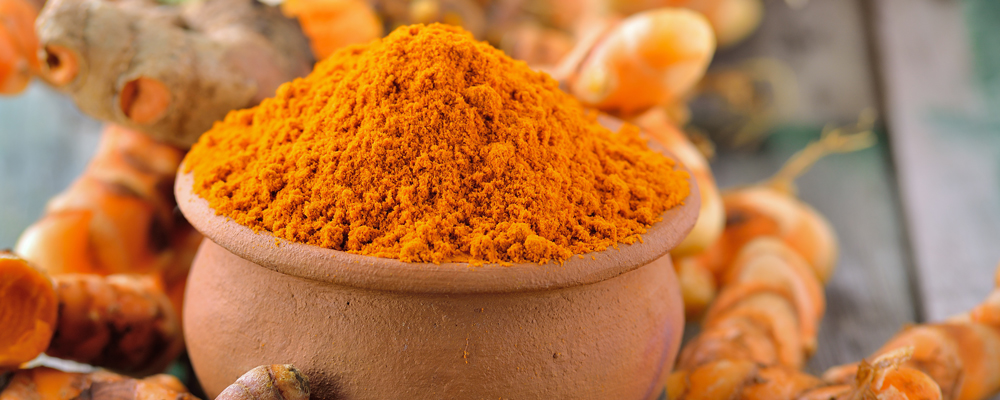Turmeric and it’s main bioactive component, curcumin, have previously reported benefits in liver injury and cirrhosis. The current randomized, double-blinded, placebo-controlled trial investigated the effects of curcumin supplementation on health-related quality of life in patients with liver cirrhosis.
The study included 70 patients, aged 20-70 years from a gastroenterology outpatient clinic in Iran. The patients had a score > 11 (with a test range of 6 up to 40) on the Model for End-stage Liver Disease (MELD) and arterial oxygen pressure > 60 mm Hg. The highest score of 40 represents the greatest severity of liver disease.
Thirty five patients took 1,000 mg (two 500 mg capsules) daily of curcumin for 12 weeks and 35 patients took placebo capsules. The curcumin capsules contained 95% curcuminoids. Patients were instructed to eat their usual diet and usual physical activity during the study.
Patients were assessed at baseline and after 12 weeks of treatment, using the Chronic Liver Disease Questionnaire (CLDQ), Liver Disease Quality of Life Questionnaire (LDQOL), Liver Disease Symptom Index 2.0 (LDSI), and 36-item Short Form Health Survey (SF-36). Both the curcumin and placebo groups were similar at baseline in primary causes of liver cirrhosis and scores on the questionnaires. The mean duration of cirrhosis was 4.25 ± 2.98 years.
In the final analysis there were 28 patients in the curcumin group and 30 in the placebo group. Compared with baseline, there were significant improvements in the curcumin group in the total CLDQ score and in the individual scores for fatigue, emotional function, worry, abdominal symptoms, and systemic symptoms (P < 0.001) compared with baseline. Compared with baseline, there were significant decreases in the scores, i.e. worsening of symptoms, in the control group for all of the parameters above. In the curcumin group, there were also significant improvements in the LDSI domains of itching, bodily pain, decreased appetite, depression, fear of complication, jaundice, decreased sexual interest, and more, with worsening of these same issues in the control group.
The scores for SF-36 significantly improved in the curcumin group for total physical and mental health, physical functioning, bodily pain, vitality, social functioning, and mental health while significant decreases in scores, indicating decreased quality of life, were seen in the control group for all these same domains except for emotional and mental health.
Commentary:
It continues to be impressive, the broad range of clinical effects of curcumin… from simple issues such as hot flashes to serious health care issues including cancers. Liver cirrhosis is serious as well and a life-threatening disease. While this study did not assess the improvement of liver disease with physical exams, blood tests, liver ultrasounds, or liver biopsies, improvement in the quality of life and liver disease symptoms in those with liver cirrhosis is welcomed.
Reference:
Nouri-Vaskeh M, Afshan H, Mahdavi AM, Alizadeh L, Fan X, Zarei M. Curcumin ameliorates health-related quality of life in patients with liver cirrhosis: a randomized, double-blind placebo-controlled trial. Complement Ther Med. March 2020;49:102351.


